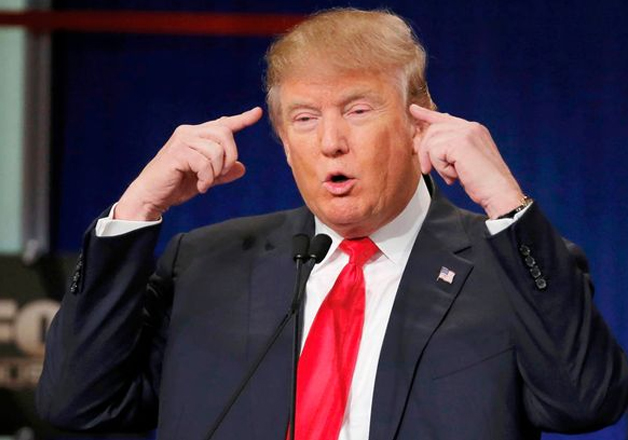President Trump’s policies may lead to rate hike ‘fairly soon’: Federal Reserve
The Federal Reserve said the economy’s continued growth might convince it to raise its benchmark interest rate "fairly soon" due to the ambitious policies proposed by President Donald Trump that may have unforeseen effects, the media reported.

The Federal Reserve said the economy’s continued growth might convince it to raise its benchmark interest rate "fairly soon" due to the ambitious policies proposed by President Donald Trump that may have unforeseen effects, the media reported.
The Federal Reserve made the statement on Wednesday after officials spent their meeting three weeks ago consumed with the changes brought on by a new administration in the White House, NBC News reported.
The Federal Open Market Committee - the central bank's policymaking arm - discussed at length the impact from lower taxes and regulations and higher domestic spending under President Trump, according to minutes of the January 31 - February 1 session.
The meeting was the first since Trump took office on January 20.
The President's name was never mentioned in the minutes, but the broad brushes of his agenda show up often, according to sources.
"Many participants expressed the view that it might be appropriate to raise the federal funds rate again fairly soon" if data on jobs and inflation are "in line with or stronger than their current expectations", or if the risk increased that the Fed might overshoot its goals, the meeting summary stated.
Jobs numbers indeed have been solid and the Consumer Price Index inflation indicator is at its highest level in years, NBC News reported.
The US Treasury yield curve flattened slightly following the minutes' release, with the short-term two-year note yield trading higher, near 1.23 per cent, and the benchmark 10-year note yield slipping to 2.41 per cent.
One example of the policy dilemma was "upside risks" that would come with "more expansionary fiscal policy or a more rapid build-up of inflationary pressures," as well as the downside risks of an appreciating US dollar.
Ultimately, the Fed decided not to act on rates until they had a clearer view on the effects the new policies would have.
"Most participants continued to see heightened uncertainty regarding the size, composition, and timing of possible changes to fiscal and other government policies, and about their net effects on the economy and inflation over the medium term, and they thought some time would likely be required for the outlook to become clearer," the minutes added.